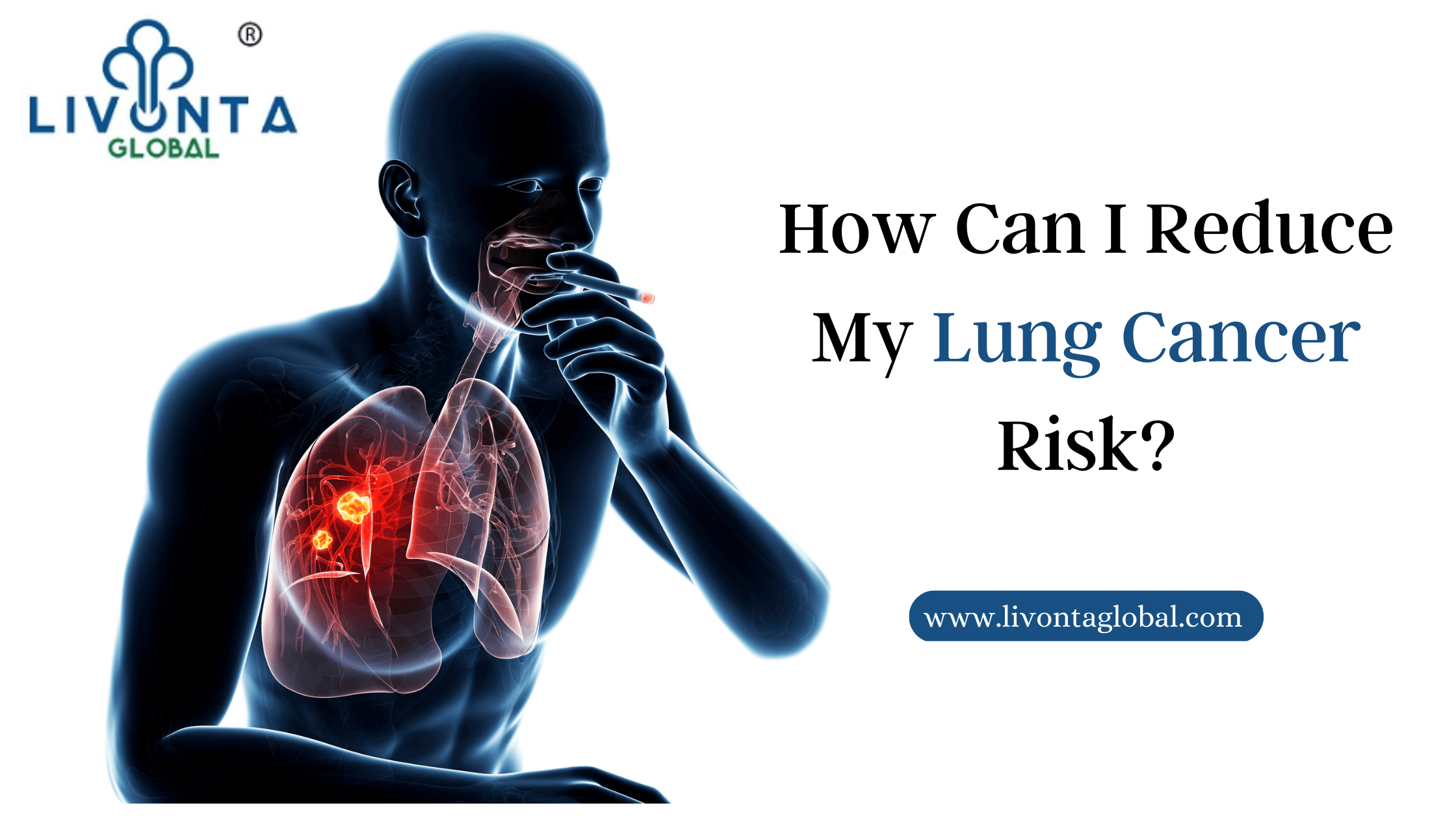
How Can I Reduce My Lung Cancer Risk?
One of the biggest causes of cancer-related fatalities worldwide is lung cancer. Lung cancer makes up 5.9% of all cancers and is responsible for 8.1% of all cancer-related fatalities in India. In over 80% of lung cancer patients, smoking is the most significant factor. The chance of lung cancer can be decreased in a number of ways. Although cancer treatment in India is seeing a huge development, one of the best ways to lower your risk of lung cancer is to stop smoking.sandály na klínku černé
vagabond tricouri barbati
gucci genser
nike genser
calvin klein ledvinka
rolex de diamantes
كالفن كلاين احذية رجالية
kitten heel flip flops black
قميص وبنطلون ضد الحريق
قميص اتحاد العاصمة الجديد
Chances of reducing the scope of lung cancer
Avoid smoking
According to estimates, smoking is a contributing factor in 90% of lung cancer cases. Cigarettes contain a number of poisonous compounds, including benzene, formaldehyde, and arsenic, which are responsible for cancer and other respiratory illnesses. Chronic obstructive pulmonary disease, which is regarded as a separate risk factor for lung cancer, can also be brought on by smoking. To lower the risk of cancer mortality and morbidity, experts of best cancer treatment in India advise to avoid smoking or quitting.
Avoid passive smoking
Lung cancer is recognised to be at increased risk due to secondhand smoke. The CDC estimates that second-hand smoke causes about 7,300 non-smokers to pass away from lung cancer each year. Additionally, the development of the lungs takes place from childhood until adulthood (until 25 years of age). Those who first come into contact with secondhand smoke before the age of 25 have a higher risk of acquiring lung cancer than those who first come into contact with it after the age of 25. Due to all of these factors, it is essential to limit your exposure to secondhand smoke in order to lower your chance of developing lung cancer as well as cancer mortality and morbidity.
Balanced diet
According to a study, a diet high in fruits, vegetables, grains, and dietary fibre lowers the chance of developing lung cancer. A new study indicated that eating refined carbohydrates, which are present in processed foods like soft drinks, salty snacks, fast food, etc., can raise the chance of developing lung cancer. As a result, it’s crucial to include fruits, vegetables, fibre, and grains in your diet and to cut back on red and processed meat.
Exercise
Numerous research that examined the impact of exercise on the risk of lung cancer came to the unanimous conclusion that exercise is essential in reducing that risk. A 12,600 kJ/week energy consumption would lower the chance of developing lung cancer, according to one study. According to a different study, men and women who engage in leisure and overall physical exercise have a 20–50% lower risk of developing lung cancer. Therefore, it’s crucial to include exercise in your everyday regimen.
Avoid radiation exposure
Multiple pulmonary illnesses are made more likely by chest radiation exposure. One of them is an increase in the risk of lung cancer. According to several studies, women who get radiation therapy for breast cancer are more likely to acquire lung cancer later on. The lungs are also affected by other radiation treatments such chest X-rays, PET scans, and CT scans. Consult your doctor about cutting-edge therapeutic options for reducing radiation side effects if the radiation treatment is unavoidable. Your risk of developing lung cancer increases if you are exposed to certain environmental chemicals. Arsenic, asbestos, silica, nickel, cadmium, and exhaust fumes are a few of these contaminants.
Be aware of family history
It is crucial to be aware of your family’s entire medical history. You run a higher risk of having lung cancer, for instance, if any immediate family members, such a parent or sibling, have the disease. Your doctor should be informed of this, and you should seek the advice of a lung cancer expert if necessary.
Cancer Treatment , Lung Cancer Treatment
